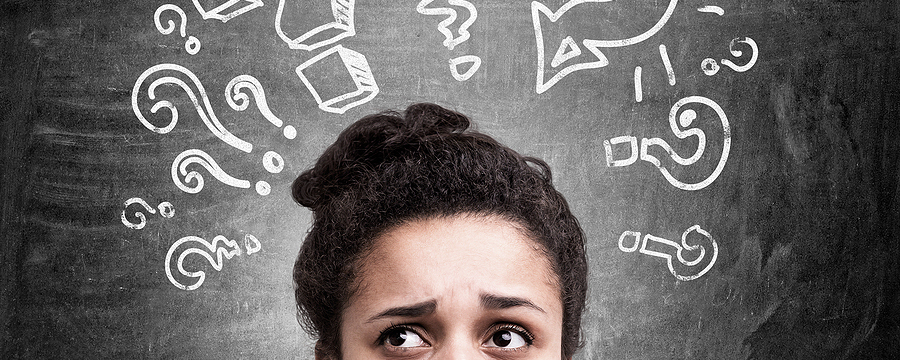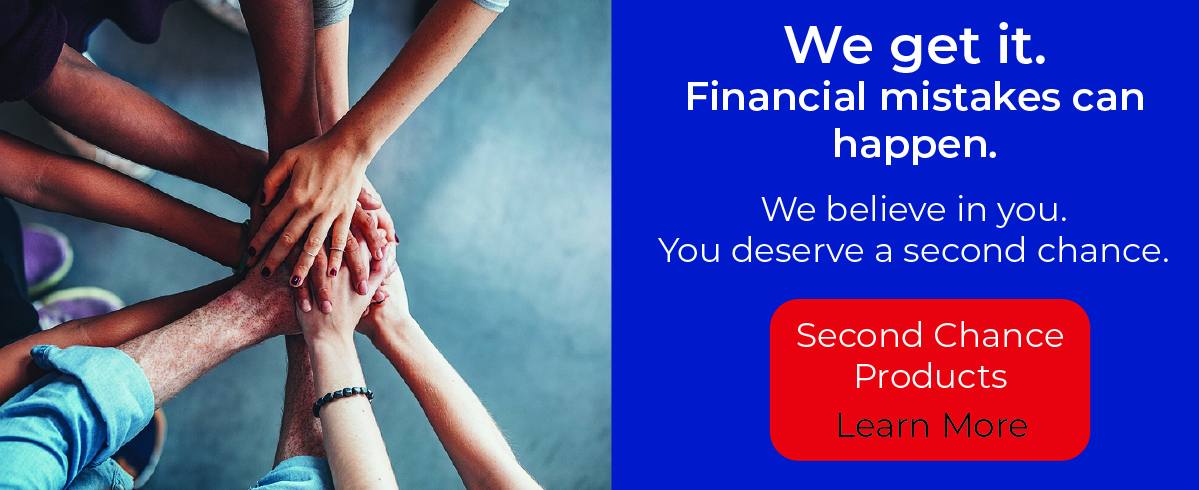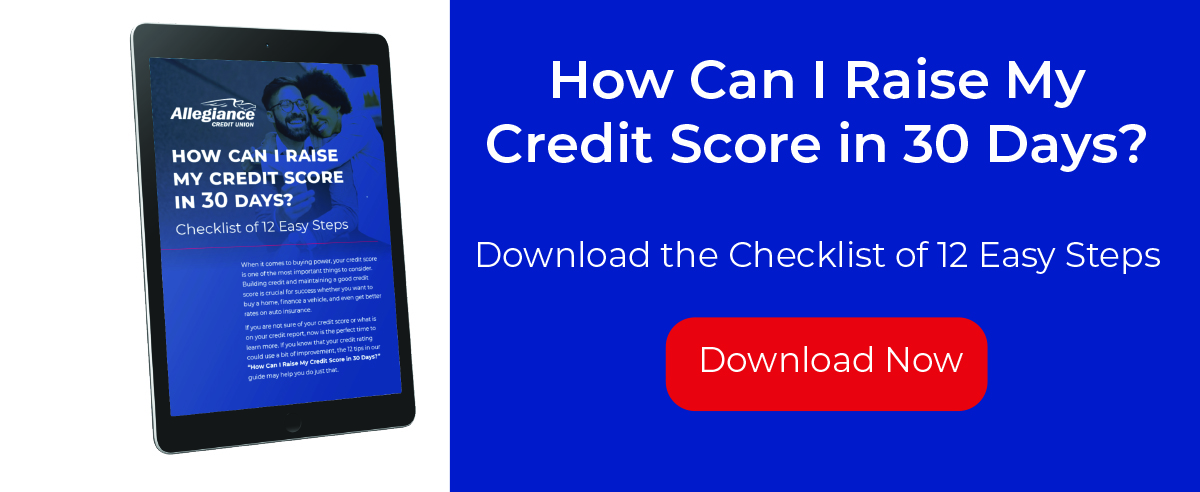5 Questions to Answer Before Getting a Second Chance Checking Account

Thinking about starting fresh with a second chance checking account?
You probably have some big questions, so read on to learn the five things you need to know before getting a second chance checking account.
What is a second chance checking account?
A second chance checking account is a way for people with a bad or problematic banking history to get a new start. If your banking history report shows past problems, like a checking account closure because of unpaid overdraft fees, you may not be able to open a regular checking account. But, your bank or credit union may offer you the opportunity to open a second chance bank account.
How do I open a second chance bank account?
Applying for and opening a second chance bank account is a remarkably simple process in most cases. Sometimes you'll need to visit the bank or credit union in person to open your second chance bank account, but some places offer the ability to open your account online. You'll need identification (state driver's license) and may need to prove address with a current utility bill or other means. Your bank or credit union will let you know about the minimum deposit to open the account, as well whether or not there is a minimum monthly balance to avoid incurring fees at the time you open the account.
At Allegiance CU we offer second chance products that you can check out here.
Do all banks or credit unions offer second chance checking accounts?
No, not every bank offers second chance checking accounts. Only banks and credit unions that are strongly committed to client convenience and financial health offer this option. It's also important to note that not all second chance checking accounts are created equally. Each bank and credit union has a different minimum deposit, minimum balance, and fees to be aware of. Be sure to learn all of these details so your second chance checking account doesn't end up costing you more money than expected.
When is a second chance checking account a good idea?
A second chance checking account is a good idea if you don't have a checking account and aren't eligible for a standard account. It helps you build a positive financial history with a banking institution. Another great reason to get a second chance checking account is preparing for your future. If you've made some poor financial choices in the past, or if you've fallen on hard times and want to get back to a better place financially, a second chance checking account is an excellent first step.
What other steps should I take to rebuild my credit after applying for a second chance checking account?
After you've applied for and established your second chance checking account at your bank or credit union, you've got a great foundation. The next steps should focus on building or rebuilding your credit. Often, people who have a bad banking history also have a poor credit history. While establishing good bank account behavior is important, you should also obtain a copy of your credit report to pinpoint any problem areas.
You can obtain a free credit report from annualcreditreport.com and receive one free report per year from each of the three bureaus. Generally, poor marks on your credit, such as charge-offs, remain for seven years. If you have a poor credit score due to nonpayment or late payments, contact the creditor and ask about setting up a repayment plan. Many creditors are willing to work with you, and they may even reduce the total amount owed if you ask for a settlement offer.
If you essentially have a blank credit history, whether due to never obtaining credit or old debts falling off your credit report recently, you can start rebuilding credit. Obtain at least one credit card (secured with your own funds, if necessary) and then use that card conservatively. It's important to use the card regularly because it shows you know how to use credit responsibly. You might want to use the credit card to pay your necessary bills, like rent, electric, and gas bills. Then, pay the card in full each month or maintain a very small balance. Over time, this helps you build up credit.
Your bank or credit union may also have some personalized recommendations to help you clear up your poor financial history, so don't be afraid to ask about services and products that could help as you embark on this journey.
Want to get personalized advice from our financial coach? Click here.
By starting with a second chance checking account for money management purposes, and then paying down old debts and building up a new credit history, you'll have a whole new start on your financial future. Learn more about second chance checking accounts by reaching out to a branch near you. A member of the dedicated team is waiting to help!












